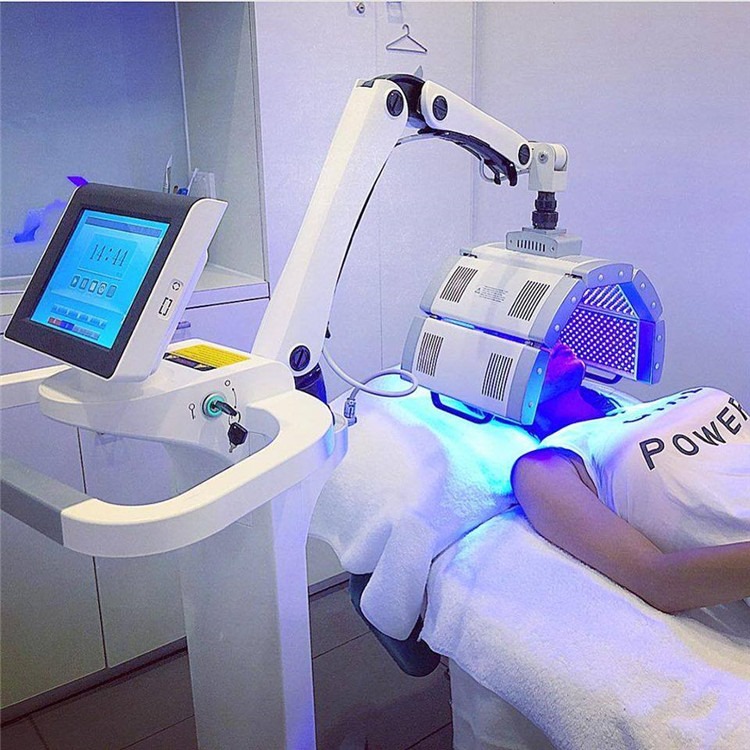Consumption of isotretinoin accelerates skin aging? Is it true?
"Isotretinoin is said to be photosensitive. Will taking it accelerate aging (photoaging)?"
Oral isotretinoin is a common method for treating acne, especially severe or recalcitrant cases. However, due to its potential to cause various adverse reactions, many acne patients have a love-hate relationship with it.
However, the point about accelerating photoaging is less commonly addressed. So today, let's delve into it a bit.
Isotretinoin and Photoaging
In fact, regarding isotretinoin, not only does it not accelerate aging, but it may also improve photoaging.
[1] A study recruited 20 women, aged 45-50, with skin types II-VI, who were given oral isotretinoin 20mg twice a day for three days a week for 12 weeks. Skin samples were collected for biopsy before treatment, at the end of treatment, and 12 weeks after treatment.
The results showed that both collagen density and elastin fiber density were higher at the end of treatment and at the 12-week follow-up compared to before treatment. In other words, oral isotretinoin may promote collagen production, resulting in firmer and more elastic skin.
Therefore, researchers believe that oral isotretinoin can improve photoaging and has some lasting effects.
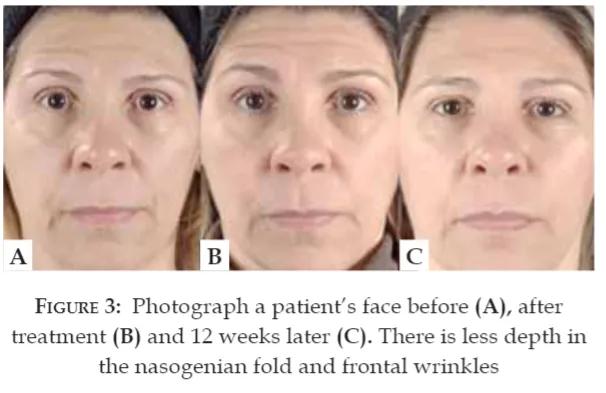
[2] Another literature review summarizing six studies involving 251 patients concluded that isotretinoin may help in the treatment of photoaging.
However, there are differing opinions as well. [4] A randomized controlled trial selected 32 women aged 40-55 and divided them into two groups: Group A (21 individuals) received 20mg isotretinoin three times a week, along with moisturizing and sun protection measures, for three months; Group B (11 individuals) only practiced moisturizing and sun protection. In the end, no significant clinical changes were observed between groups A and B, suggesting that oral isotretinoin is less effective in treating photoaging.
From the above literature, it can be seen that there is still controversy regarding whether oral isotretinoin can improve photoaging, but there is currently no research indicating that it accelerates skin aging. If you find that your skin condition is not optimal during treatment, ask yourself if you have done two things:
● Sun protection
Increased sensitivity to sunlight is a relatively common side effect of taking isotretinoin, mainly manifested in two aspects: phototoxicity (susceptibility to sunburn) and photoallergic reactions (development of rashes resembling eczema). However, oral isotretinoin does not cause skin darkening or pigmentation. If skin darkening or pigmentation occurs, it may be related to inadequate sun protection or pre-existing inflammatory skin conditions on the face, which can usually be minimized by diligent sun protection.
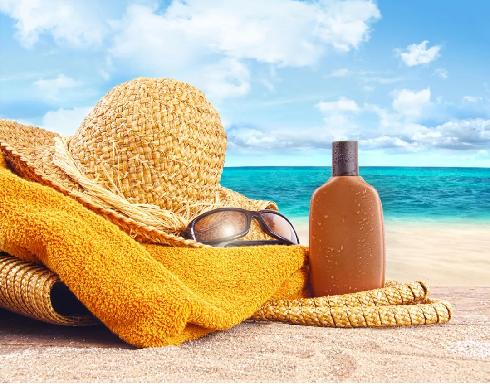
● Moisturizing
Dryness of the skin and mucous membranes is also a common side effect of taking isotretinoin. After skin dryness, some fine lines may become more apparent visually. Usually, increasing moisturization can alleviate or improve this condition. Moisturizing cream can be applied to the face, lip balm can be used on the lips, and body lotion or hand cream can be used on the trunk and back of the hands.
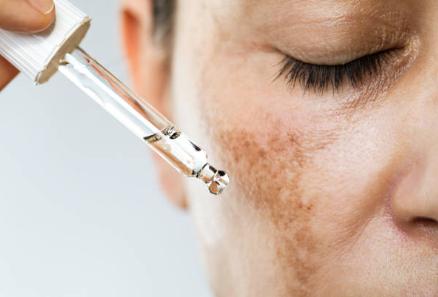
Topical Retinoids and Photoaging
Compared to the controversy surrounding oral isotretinoin, there is abundant evidence suggesting that topical retinoid drugs (retinoic acid, adapalene, tazarotene) can improve skin photoaging, especially retinoic acid, which has the most extensive research.
[5] A trial involving 204 participants with moderate to severe skin photoaging evaluated the long-term efficacy and safety of using 0.05% retinoic acid cream daily for two years. The results showed that compared to the control group (using moisturizing cream), the retinoic acid group showed overall improvement in all manifestations of skin photo damage, overall extent of photo damage, and clinical efficacy.
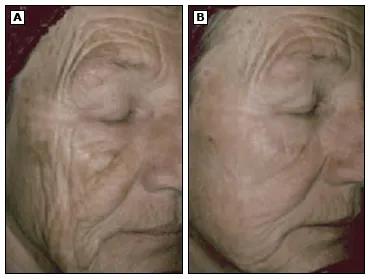
(Source: Reference 5, A represents before use, B represents after 24 months of use)
However, it is important to note that topical retinoid drugs have a certain degree of irritability, and improper use may result in severe facial irritation reactions. It is best to use them under the guidance and continuous monitoring of a doctor, and pregnant and lactating women should try to avoid using them.
However, in most cases, we do not recommend long-term use of retinoic acid ointments as daily anti-aging skincare products. The active ingredient concentration in ointment formulations is higher, and the irritation is more intense. For skincare beginners, those with poor skin conditions, or those who cannot tolerate it, widespread use is very unfriendly and may cause skin irritation leading to barrier damage.
For daily skincare and anti-aging, it is recommended to use retinol, a brother of retinoic acid, or even milder retinol derivatives. Many retinol skincare products on the market use encapsulation and slow-release technologies, as well as combinations with soothing ingredients, to reduce the irritability of retinol and achieve anti-aging effects under mild and safe conditions.
Skin feel is also an important aspect of skincare experience. Generally, skincare products have a much better feel than medications.
But as the saying goes, when using anti-aging products, it is advisable to start with low concentrations and small areas to gradually build tolerance.
LED light therapy has gained popularity in the realm of anti-aging skincare due to its ability to stimulate collagen production, reduce fine lines and wrinkles, and improve overall skin texture. Different wavelengths of LED light, such as red, blue, and near-infrared, target specific skin concerns:
Red Light: Penetrates deep into the skin, stimulating the production of collagen and elastin, which are essential for maintaining skin elasticity and firmness. It also helps reduce the appearance of fine lines and wrinkles.
Blue Light: Targets acne-causing bacteria, making it beneficial for treating acne and preventing breakouts. It also has anti-inflammatory properties, helping to calm and soothe the skin.
Near-Infrared Light: Penetrates even deeper into the skin, promoting wound healing and tissue repair. It can help reduce inflammation and improve overall skin tone and texture.
That's all for today, wishing everyone flawless, spotless, and disease-free skin, gracefully and joyfully aging!

